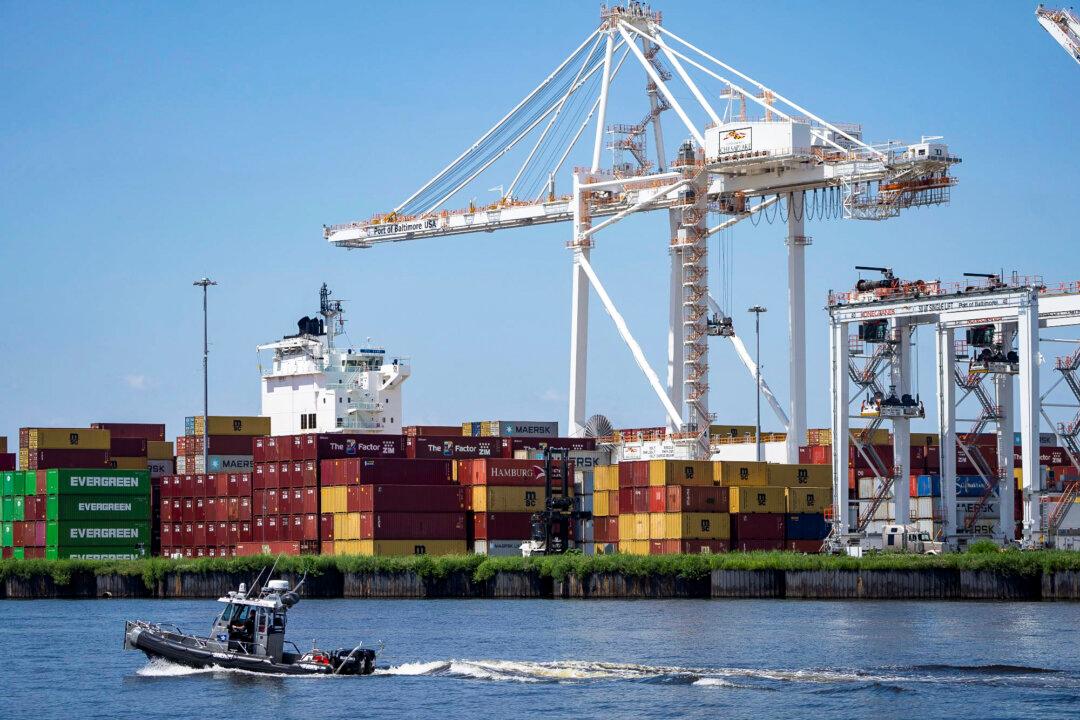A U.S. senator on Tuesday warned of economic repercussions ahead of a threatened strike at major East Coast and Gulf ports in the United States on Oct. 1, as a union involved in negotiations said a “stalemate remains” over wages for longshoremen.
Sen. Bill Cassidy (R-La.) said the labor action “will have devastating impacts on the U.S. economy and negatively impact 25,000 longshoremen and the thousands of other port and freight workers who work at or move goods from the ports to businesses.”





